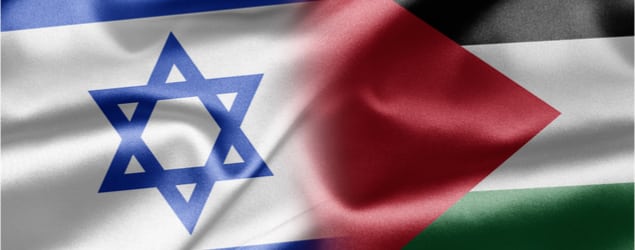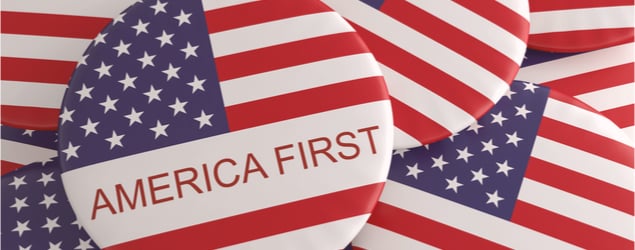Harry Binswanger on September 11: “America vs. Death-Worship”

What motivates the Islamic terrorists? Why are our intellectuals unable and unwilling to recognize the moral distinction between America and her enemies? Why are those thought leaders busy philosophically disarming America?
In a speech given just days after the 9/11 attacks, “America vs. Death-Worship,” philosopher Harry Binswanger elaborates on the moral meaning of the war between America and her mystical and totalitarian enemies. The speech, delivered at Columbia University on October 2, 2001, begins like this:
Three weeks ago today, we witnessed the horror that was the opening blast of the coming war. We now face a titanic struggle that will define our era. But, remarkably, this grand scale, epochal clash is between two sides that are being carefully left unnamed. It is as if we could see the clash only in peripheral vision, where vague shapes and motion are perceived, but entities with firm outlines are not.
For instance, Steve Forbes described the clash as: “a hard fight against those who violently hate everything we stand for.”
What is it that we stand for? No answer. Who is it that hate it? To say “Muslim fanatics” or “terrorists” is not enough. What are they fanatical about? What do they believe? And why do they hate the unnamed thing we stand for?
Vagueness on this scale is no accident. It is our own culture that forbids us to name what our enemy is, and even what values we represent. My task this afternoon is to name the forbidden names, to bring the clash into sharp focus.
This is not a talk on the practical steps our country should take, though I can answer questions on that in the question period.
Rather, I will be speaking to you about this conflict’s moral meaning. To defend ourselves, we need to understand our enemies — and ourselves.
The meaning of the coming war is concretized for us in the image of a passenger jet smashing into the World Trade Center. Everyone senses, implicitly, the issues behind that image, which symbolizes everything. But an implicit sense is not enough to guide us. To understand the attack and grasp its meaning, it has to be analyzed in explicit, principled, philosophic terms.
In the Q&A period, Binswanger explains among other things:
- Why bombing Hiroshima and Nagasaki was one of the most profoundly moral acts of the 20th century
- The power of a morally confident government
- Why the Islamic terrorists are cowards
For anyone in need of moral clarity, I can’t possibly recommend Binswanger’s speech enough. Get your copy of the speech at the ARI eStore.
Learn More:
- “End States Who Sponsor Terrorism” by Leonard Peikoff
- “Faith and Force: The Destroyers of the Modern World” by Ayn Rand
- Failing to Confront Islamic Totalitarianism: From George W. Bush to Barack Obama and Beyond by Onkar Ghate and Elan Journo
- “The Four Events That Significantly Emboldened Islamic Totalitarians” by Amanda Maxham
- “America vs. Americans” by Leonard Peikoff









